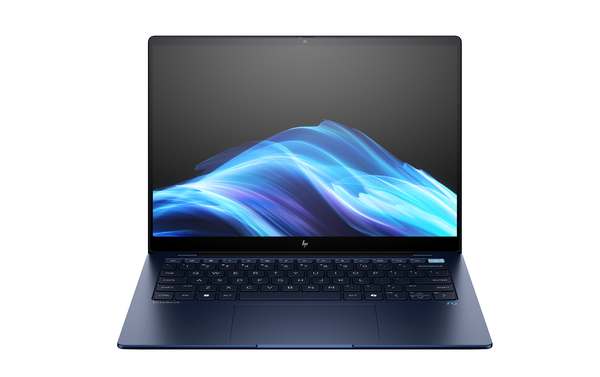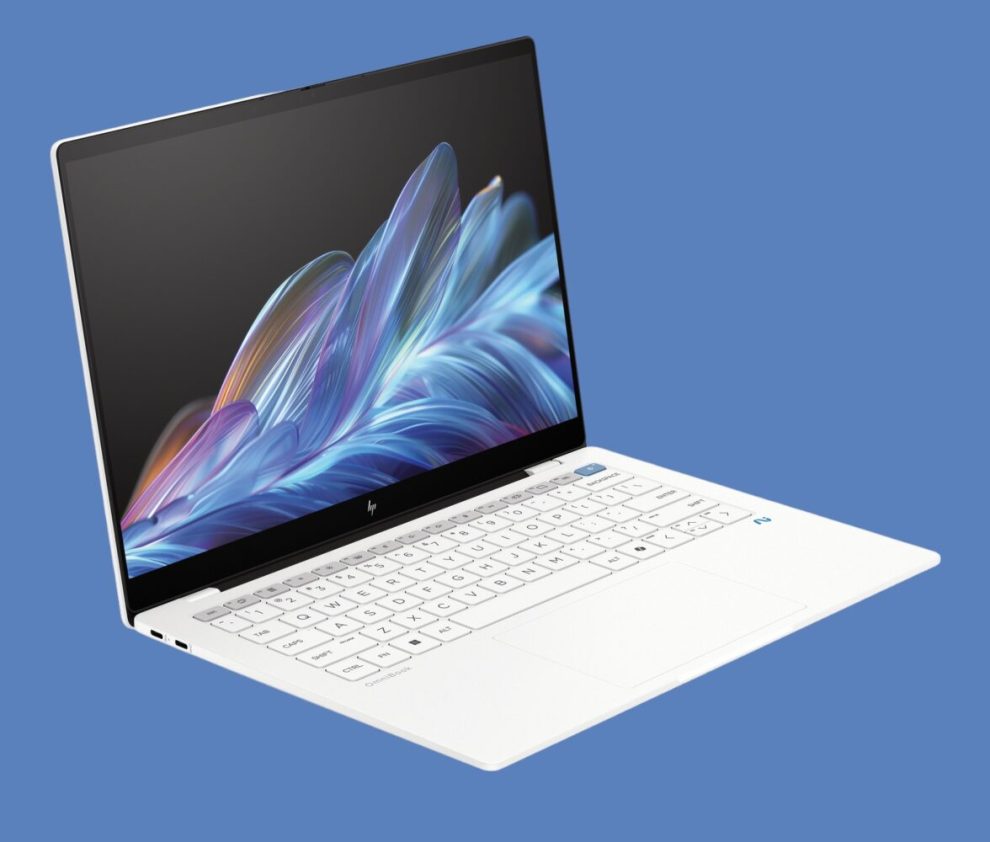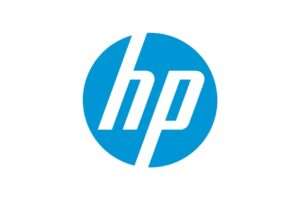The landscape of AI-powered laptops is shifting gears. HP has unveiled the OmniBook Ultra 14, marking a significant departure from its previous reliance on Qualcomm Snapdragon processors for its next-generation AI PCs. This new device boasts the power of AMD’s Ryzen AI 300 series chips, promising a potent blend of performance and AI capabilities in a sleek and portable form factor. Let’s delve deeper into what makes the OmniBook Ultra 14 unique, explore the implications of HP’s switch to AMD, and examine how this device positions itself within the evolving AI PC market.
A New Era for HP AI PCs: Embracing AMD’s Ryzen AI Power
Previously, HP’s foray into next-generation AI PCs utilized the Snapdragon X Elite platform. Now, the OmniBook Ultra 14 breaks the mold by featuring AMD’s Ryzen AI 300 series processors. These chips are specifically designed to excel in AI workloads, boasting a dedicated Neural Processing Unit (NPU) dubbed the Ryzen AI Engine. This NPU promises significant advantages:
-
Enhanced AI Performance: The Ryzen AI Engine delivers a staggering 55 TOPS (Tera Operations Per Second) of AI performance, exceeding the 45 TOPS offered by the Snapdragon X Elite platform. This translates to faster execution of AI tasks, smoother user experiences with AI-powered features, and potentially even more advanced AI capabilities in the future.
-
Improved Multitasking Efficiency: Beyond AI applications, the Ryzen AI 300 series processors boast strong overall performance with powerful cores and efficient architecture. This allows users to multitask seamlessly between demanding tasks, run resource-intensive applications, and enjoy a smooth overall user experience.
-
A Focus on Battery Life: Despite its focus on performance, HP claims the OmniBook Ultra 14 can still achieve up to 13 hours of battery life on MobileMark and up to 21 hours of continuous video playback. This ensures users can remain productive throughout the workday without constant battery anxiety.

The Significance of the Shift: HP’s decision to switch to AMD processors for the OmniBook Ultra 14 signifies a strategic shift. It indicates HP’s confidence in AMD’s AI capabilities and its commitment to offering a wider range of options for AI-powered computing needs.
Under the Hood of the OmniBook Ultra 14: Exploring the Feature Set
The OmniBook Ultra 14 isn’t just about the processor. Here’s a closer look at some of its key features:
-
Thin and Light Design: Despite its powerful internals, the OmniBook Ultra 14 remains impressively portable. Its thin and light design makes it ideal for users on the go who demand both performance and portability.
-
14-inch 2.2K Touch Display: The device boasts a vibrant and sharp 14-inch 2.2K touch display, perfect for content creation, entertainment, and navigating the AI-powered features with ease.
-
Strong Connectivity Options: The OmniBook Ultra 14 comes equipped with a range of connectivity options, including USB-C Thunderbolt 4 ports, a USB-A port, and a 3.5mm headphone jack. This ensures compatibility with various peripherals and accessories.
-
AI-Powered Features: HP hasn’t revealed all the AI-powered features the OmniBook Ultra 14 will offer, but we can expect functionalities like enhanced image and video editing, improved noise cancellation in calls, and potentially even AI-assisted content creation tools.
A Look at the Competition: How Does the OmniBook Ultra 14 Stack Up?
The AI PC market is still evolving, but established players like Microsoft with its Surface Laptop Studio and Asus with its ExpertBook B9 are making waves. Let’s see how the OmniBook Ultra 14 compares:
-
Microsoft Surface Laptop Studio: The Surface Laptop Studio offers a unique design with a detachable keyboard and a hidden hinge that allows the screen to tilt into a drawing or writing position. However, it utilizes Intel processors, which might not match the dedicated AI capabilities of the OmniBook Ultra 14.
-
Asus ExpertBook B9: The ExpertBook B9 focuses on extreme portability and durability. While it might not offer the same level of AI performance as the OmniBook Ultra 14, it caters to users who prioritize a lightweight and rugged design.
The Verdict: The OmniBook Ultra 14 positions itself as a compelling option for users seeking a powerful and portable AI PC. With its impressive AMD Ryzen AI 300 processor, thin and light design, and sleek features, it offers a strong alternative to existing options in the market. HP’s commitment to AI development and its strategic partnership with AMD could prove to be a game-changer.
















Add Comment